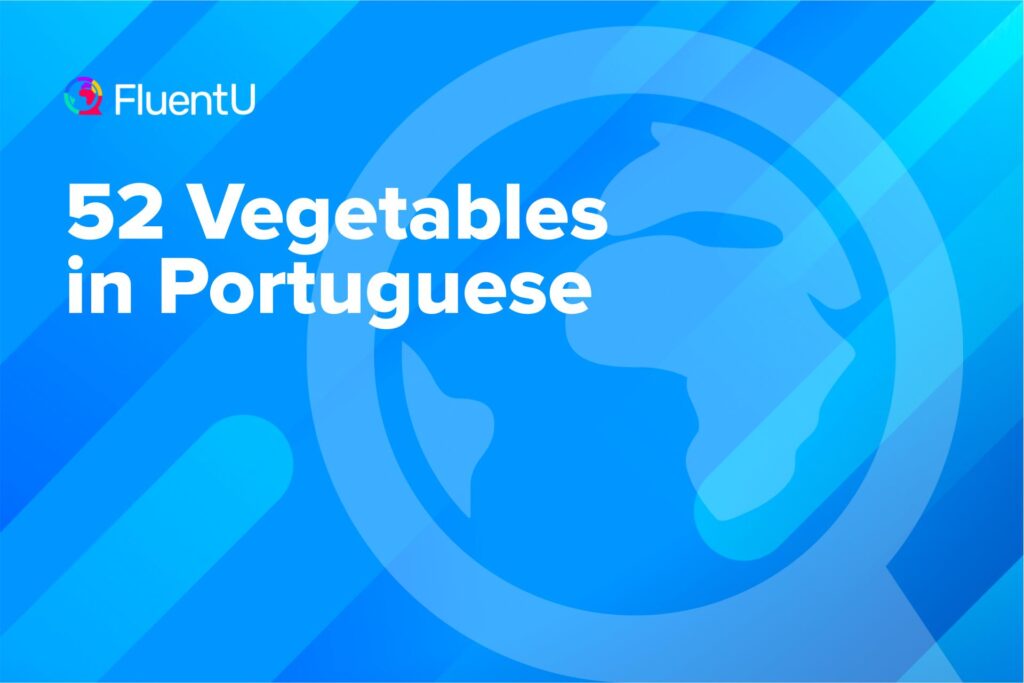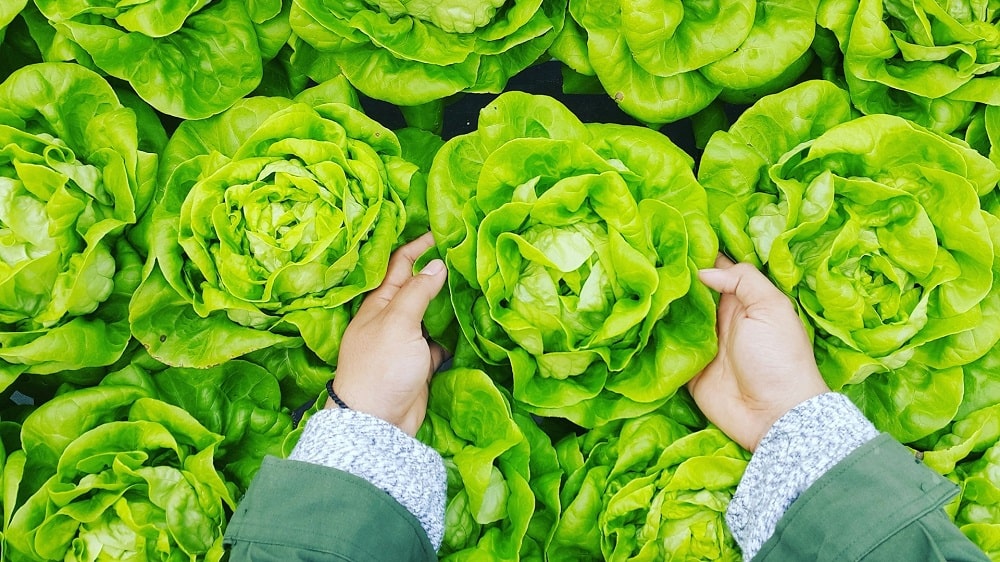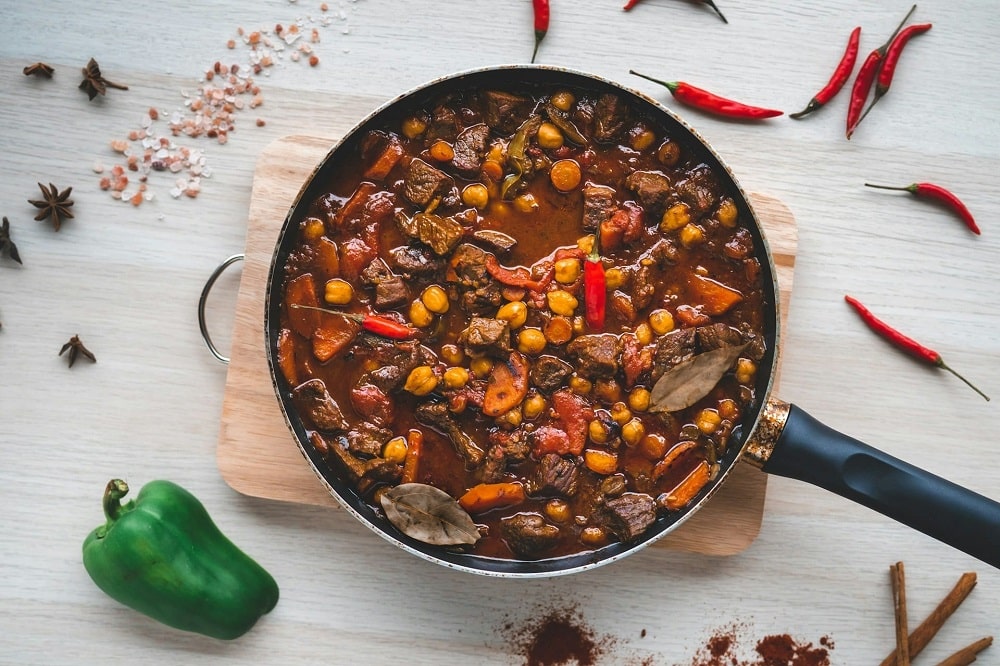52 Vegetables in Portuguese

Vegetables are a staple of Portuguese and Brazilian cuisine. Both cultures embrace a variety of vegetables in their meals, with an emphasis on fresh, locally sourced produce.
So if you want to get around in the Portuguese language, it’s a good idea to stock up on some vegetable names in Portuguese. Enjoy these Portuguese legumes (vegetable) vocabulary words
Download: This blog post is available as a convenient and portable PDF that you can take anywhere. Click here to get a copy. (Download)
Root Vegetables in Portuguese
Vegetais de raiz (root vegetables) like potatoes, carrots, yams and cassava are commonly used in both Portuguese and Brazilian cuisines, contributing to the heartiness of many traditional dishes.
The Portuguese feijoada à transmontana, for instance, is a stew made up of beans, various meats and root vegetables like carrots and turnips.
| English | Portuguese |
|---|---|
| Beet | Beterraba |
| Carrot | Cenoura |
| Horseradish | Raiz-forte |
| Jicama | Jicama |
| Parsnip | Pastinaca |
| Potato | Batata |
| Radish | Rabanete |
| Rutabaga | Nabo-rábano |
| Sweet potato | Batata-doce |
| Taro | Taro |
| Turnip | Nabo |
| Yucca | Mandioca |
Leafy Greens in Portuguese
Vegetais de folhas (leafy greens) are even more widely used in the traditional dishes of Portugal and Brazil.
You may even already be familiar with some, like the Portuguese caldo verde, which gets its name and green color from kale, or the Brazilian couve à mineira, sautéed collard greens that’s often served as a side dish in Brazilian cuisine.
| English | Portuguese |
|---|---|
| Arugula | Rúcula |
| Bok choy | Acelga chinesa |
| Cabbage | Repolho |
| Collard greens | Couve |
| Endive | Endívia |
| Kale | Couve-galega |
| Lettuce | Alface |
| Spinach | Espinafre |
| Swiss chard | Acelga |
| Watercress | Agrião |
Alliums in Portuguese
Alliums (known by the same name in Portuguese) are a family of plants that include onions, garlic, leeks, shallots and chives. They’re generally used to add aroma and flavor to dishes, and as such are widely used in many cultures.
| English | Portuguese |
|---|---|
| Chive | Cebolinha |
| Garlic | Alho |
| Leek | Alho-poró |
| Onion | Cebola |
| Scallion | Cebolinha verde |
| Shallot | Chalota |
Legumes in Portuguese
Legumes, known in Portuguese as leguminosas are a category of vegetables that include beans, lentils, chickpeas and peas. They’re rich in protein, fiber and various nutrients.
In both Portuguese and Brazilian cuisines, legumes are widely used in a variety of dishes. Favas à algarvia, for instance, is a dish from the Portuguese Algarve region made with broad beans, often cooked with chorizo or bacon. In Brazil, the national dish is feijoada, a black bean stew that typically contains various meats and sausages.
| English | Portuguese |
|---|---|
| Black beans | Feijão preto |
| Black-eyed peas | Feijão-fradinho |
| Chickpeas | Grão-de-bico |
| Kidney beans | Feijão vermelho |
| Lentils | Lentilhas |
| Peas | Ervilhas |
| Pinto beans | Feijão carioca |
| Soybeans | Soja |
| Split peas | Ervilhas partidas |
Other Vegetables in Portuguese
This list includes vegetables that didn’t quite fall under any of the categories above.
| English | Portuguese |
|---|---|
| Artichoke | Alcachofra |
| Asparagus | Aspargo |
| Avocado | Abacate |
| Bell peppers | Pimentão |
| Brussels sprouts | Couve de Bruxelas |
| Broccoli | Brócolis |
| Cauliflower | Couve-flor |
| Celery | Aipo |
| Corn | Milho |
| Cucumber | Pepino |
| Eggplant | Berinjela |
| Okra | Quiabo |
| Squash | Abóbora |
| Tomato | Tomate |
| Zucchini | Abobrinha |
Have you had your fill? These vocabulary words for vegetables in Portuguese will keep you sated as you navigate learning the language!
Want to find even more vegetable vocabulary words, as well as plenty of examples of these words and others in authentic use? You could try out the FluentU program.
And One More Thing...
If you're like me and enjoy learning Portuguese through movies and other media, you should check out FluentU. With FluentU, you can turn any subtitled content on YouTube or Netflix into an engaging language lesson.
I also love that FluentU has a huge library of videos picked specifically for Portuguese learners. No more searching for good content—it's all in one place!

One of my favorite features is the interactive captions. You can tap on any word to see an image, definition, and examples, which makes it so much easier to understand and remember.
And if you're worried about forgetting new words, FluentU has you covered. You'll complete fun exercises to reinforce vocabulary and be reminded when it’s time to review, so you actually retain what you’ve learned.
You can use FluentU on your computer or tablet, or download the app from the App Store or Google Play. Click here to take advantage of our current sale! (Expires at the end of this month.)











